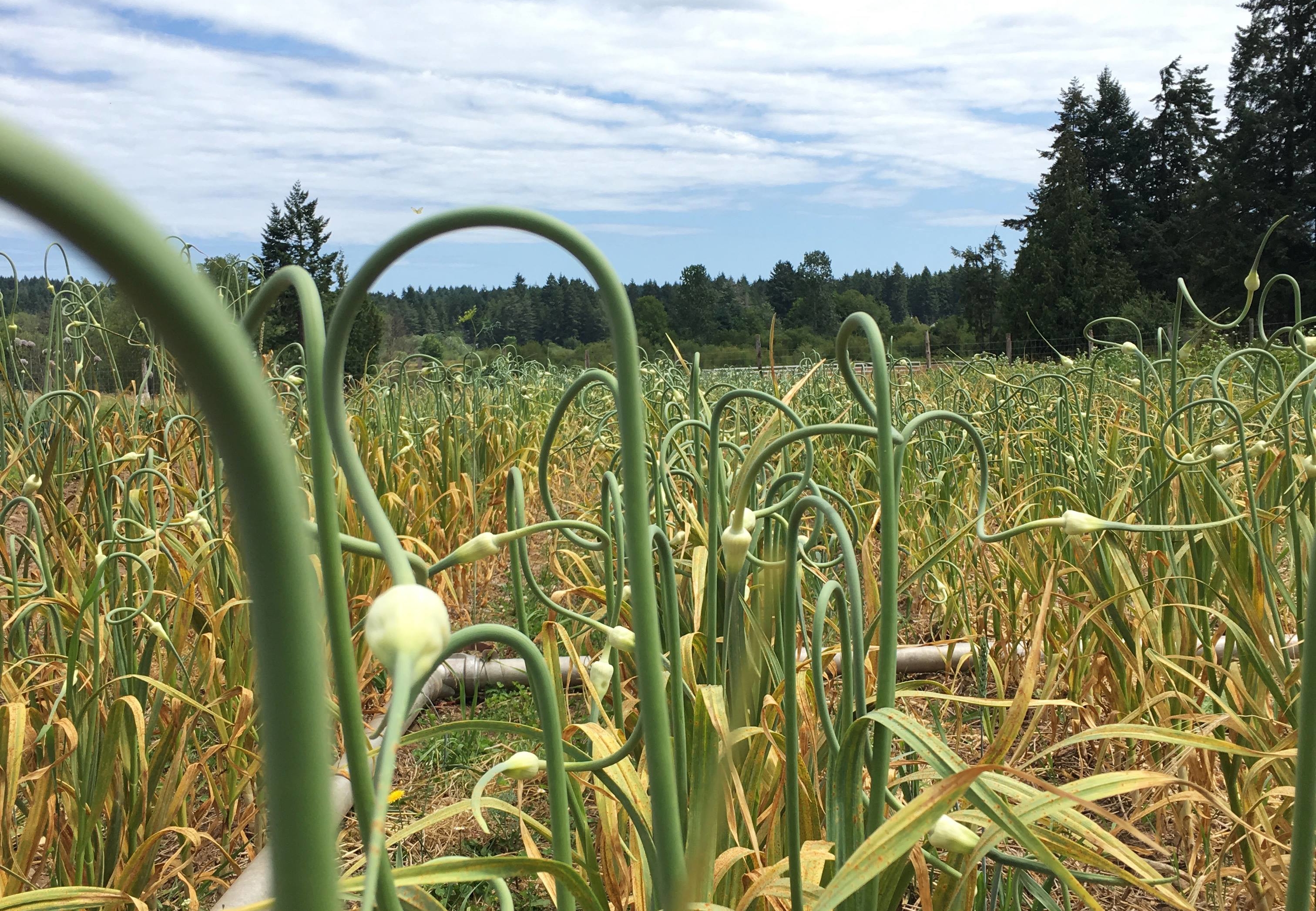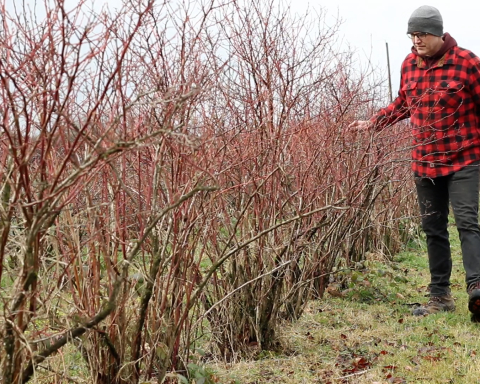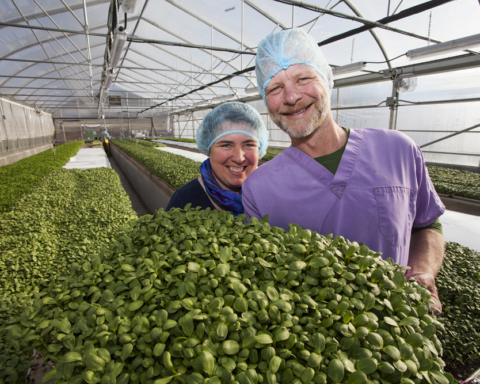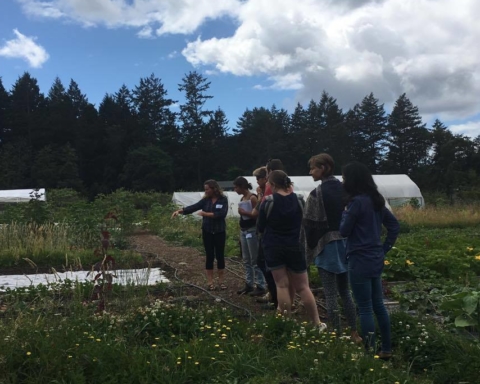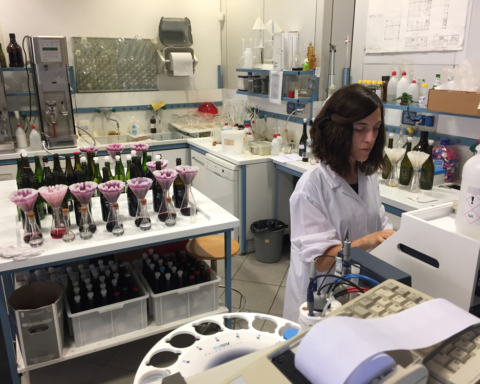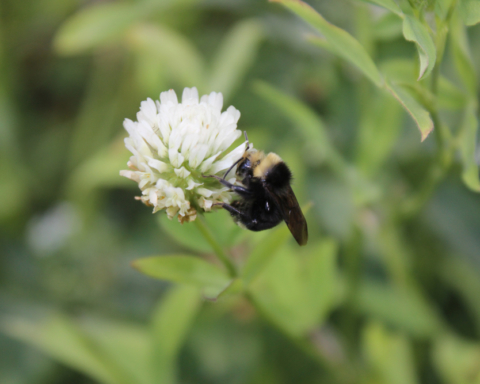Emma Holmes
The Environmental Farm Plan (EFP) is a no-charge, voluntary, and confidential program in which producers receive one-on-one support from a qualified Planning Advisor to highlight their farm’s environmental strengths, identify potential risks, and set realistic action plans to improve environmental stewardship. It also supports farmers in taking advantage of tools, techniques, and funding to manage those risks.
The program applies to all types and sizes of farm operations in the province. Developing an Environmental Farm Plan (EFP) is a strong tool towards ensuring the sustainability and resiliency of your farm operation.
The first stage of the program involves conducting a farm evaluation with a Planning Advisor. The evaluation includes a farm walk about and completion of the EFP workbook, which consists of two parts – Farm Review and Action Plan.
The Farm Review Worksheets will provide you with:
- an understanding of current government regulations relevant to your farming operation
- tools to help you assess the impact of your farming practices on the environment
- risk assessment questions that help you pinpoint any areas of concern or opportunities for improvement
Based on the results of your Farm Review Worksheets, your Planning Advisor will work with you to develop an Action Plan that will:
- help you set realistic goals to protect and enhance the environment
- improve your response to environmental incidents through contingency planning
- prioritize goals and set realistic timelines to achieve them
Once you’ve completed the Farm Review Worksheets, developed the Action Plan, and you and your Planning Advisor have both signed the Statement of Completion, you will have completed the EFP.
In recognition of their efforts to manage land in an environmentally sustainable manner, producers who complete the EFP Program may be eligible to apply for cost-shared incentives through the Beneficial Management Practices (BMP) Program to implement actions identified in their on-farm environmental action plan.
The EFP designation is trusted by the public, who are increasingly supporting farms that are environmentally responsible, and thus a completed EFP provides enhanced marketing opportunities.
The EFP process is completely voluntary and you may proceed as far as you wish. All of the priorities developed by you and your Planning Advisor will belong solely to you. It is your choice to implement all, some, or none of the priority actions.
Confidentiality is a fundamental component of the program. The EFP process provides producers with information and support in meeting environmental regulations. It is not an enforcement program. The Farm Review and the Action Plan will belong only to you; your Planning Advisor will not share any details of your farm plan with anyone else, including government organizations or other farmers.
Thousands of farmers in BC have participated in the program and have found it valuable. They have utilized the support offered through the program to make important improvements to their operations that minimize environmental risks. Many producers have also appreciated the enhanced public trust and marketing opportunities associated with the program
For more information and to work with an EFP planner, please reach out to www.bcefp.ca, 604-854-4483, 1-866-552-3447, or efpinfo@ardcorp.ca. A Planning Advisor will be assigned based on your region or commodity.
The EFP Program is run by BC ARDCorp on behalf of the BC Ministry of Agriculture and is funded by the governments of British Columbia and Canada through Growing Forward 2, a federal-provincial-territorial initiative.
Emma Holmes has a B.SC in Sustainable Agriculture and M.Sc in Soil Science, both from UBC. She farmed on Orcas Island and Salt Spring Island and is now the New Entrant Agrologist at the BC Ministry of Agriculture.


